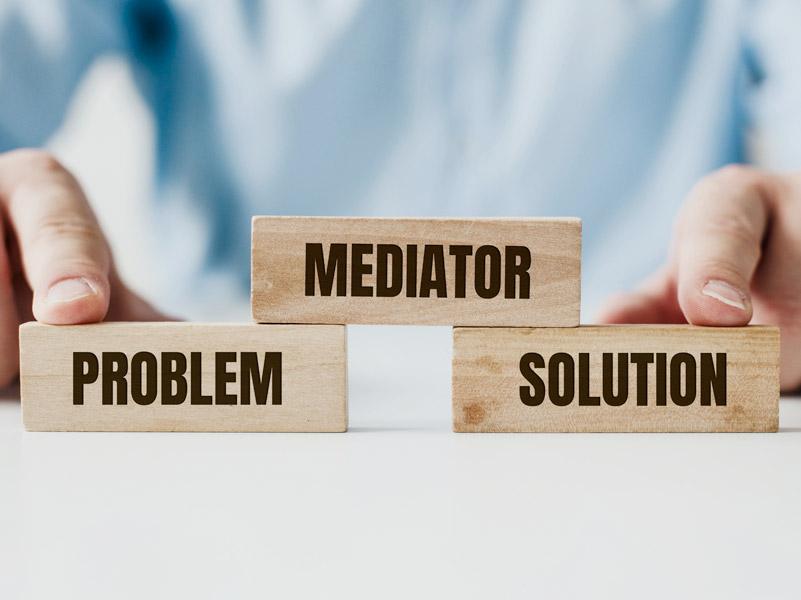Editor’s note: For almost as long as we have been publishing the Spy newspapers, we have been in awe of the various nonprofit organizations like Community Mediation Upper Shore in Chestertown and Mid Shore Community Mediation Center in Easton, who have successfully resolved countless family conflicts, student feuds, and bad neighbor relations through this very effective method of conflict resolution. We felt this subject was important enough to establish a column with the help of the former Dean of University of Maryland Global Campus, Steve Forrer, to discuss every other week how mediation can be used to encourage our Dorchester, Kent, and Talbot Counties to embrace this remarkable tool even more in the future. Steve begins his column today in all three Spy newspapers.
Even though Talbot County and Easton are truly a wonderful place to live, we are not immune to disputes, conflicts, and disagreements. They are all part of life in every community. The challenge, of course, is how to resolve them and move on. Often these issues end up in the Talbot County Courts. In 2020 Talbot County Courts had over 10,000 cases filed. Things can get pretty busy. The Talbot County Courts often turn to “alternative dispute resolution” to help save time and money, and clear their dockets. Mediation is one of the important ADR processes.
Of course, mediation is also useful to resolve issues outside of the court system. Over the following weeks, I will be sharing information about mediation and how it can save time and money. I will be answering questions you might have about how mediation works, how to find a mediator, what it costs, and in what areas, including divorce, it can save time and money. But first things first. What is mediation exactly?
Simply stated, mediation is a process where a trained and impartial mediator helps people to communicate, understand each other, explore options for mutual gain, and if possible, reach agreements that satisfy the participants’ needs. A mediator will never provide legal advice or recommend the terms of any agreement. Instead, the mediator helps participants reach their own decisions which may include agreements, rebuilding relationships, and finding lasting solutions to disputes. Mediation is a process that lets people speak for themselves and make their own decisions.
Mediation is often confused with arbitration. There is a big difference. In arbitration, facts and information are presented to a neutral third party and that third party decides the outcome, which is binding on both parties. In mediation, however, the parties to the dispute have the opportunity to jointly decide on the outcome. They are in control of the resolution, not an arbitrator, judge or jury. In a court-encouraged mediation, therefore, the court is saying to the parties, “Here is a chance for you to control the outcome of the dispute.” The good news is that the parties have much more flexibility and creativity in crafting an agreement versus a court that can only decide a very narrow question. Mediation allows the parties to agree to any terms, as long as they are legal.
The important thing to understand about mediation is that it requires flexibility, compromise, and often creativity. You must consider the other party’s position and be willing to craft an agreement that satisfies both parties. By definition that means an outcome that is acceptable, but not perfect.
Whether within the court system or not, mediation is a very powerful process to resolve conflict quickly and with much less expense while putting both parties in control of the outcome.
Let me invite you to submit any questions you might have about mediation through the contact page on the website listed below. I will do my best to answer them directly or in this column.
Steve Forrer lives in Easton, is former Dean and Vice Chancellor of University of Maryland Global Campus, and currently a mediator for the Maryland District and Circuit Courts. Questions can be submitted at www.doncastermediation.com/contact for Steve to answer in this column. He also accepts private mediations.



Write a Letter to the Editor on this Article
We encourage readers to offer their point of view on this article by submitting the following form. Editing is sometimes necessary and is done at the discretion of the editorial staff.